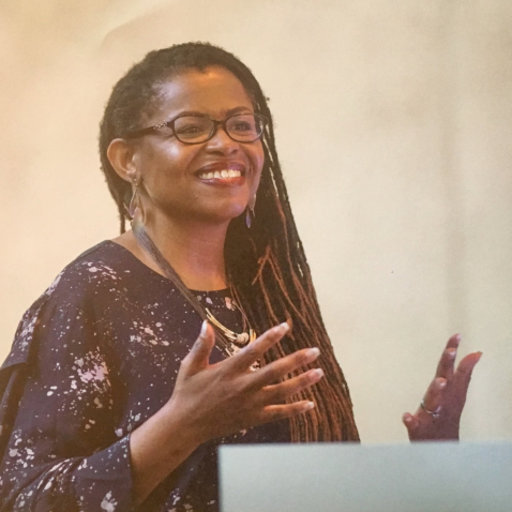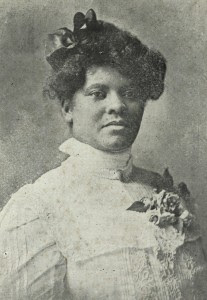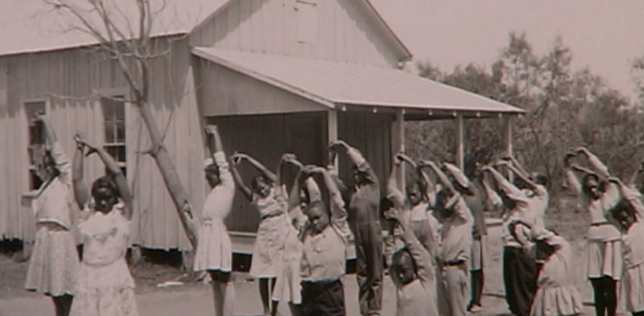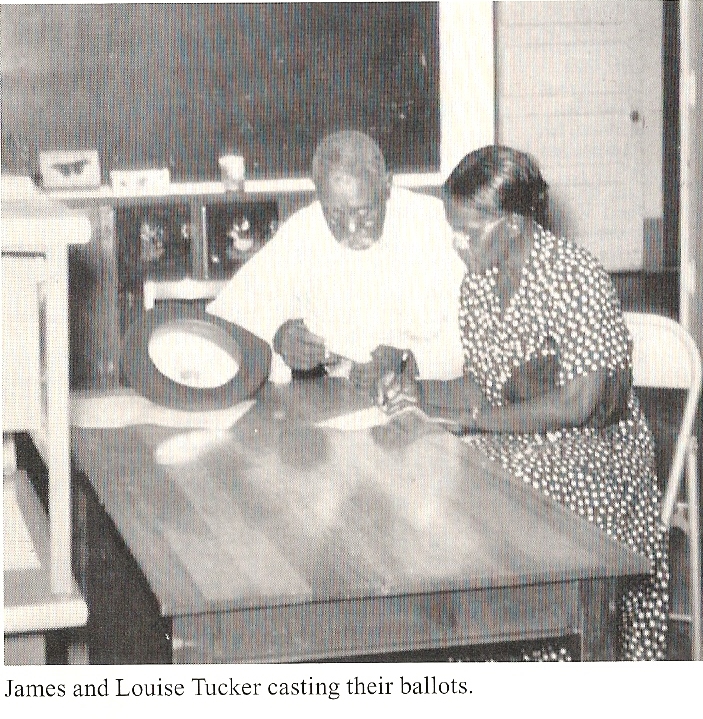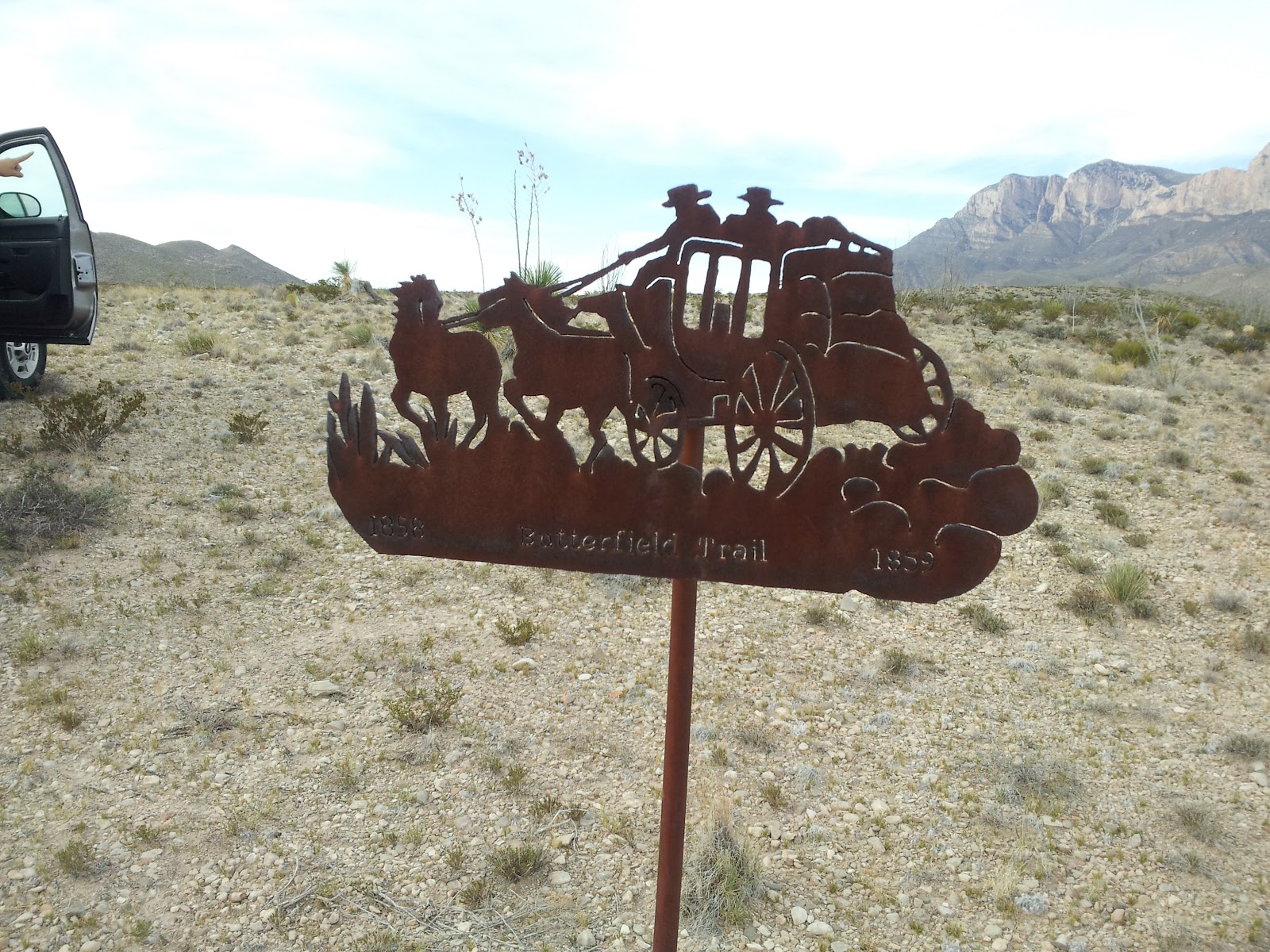About Dr. Andrea Roberts
WPPB Image Addons Dr. Andrea Roberts is an Associate Professor of Urban + Environmental Planning at the University of Virginia’s School of Architecture and has been appointed Co-Director of the School’s Center for Cultural Landscapes. She is a scholar-activist who brings 12 years of experience in community development, nonprofit administration, and advocacy to her…
